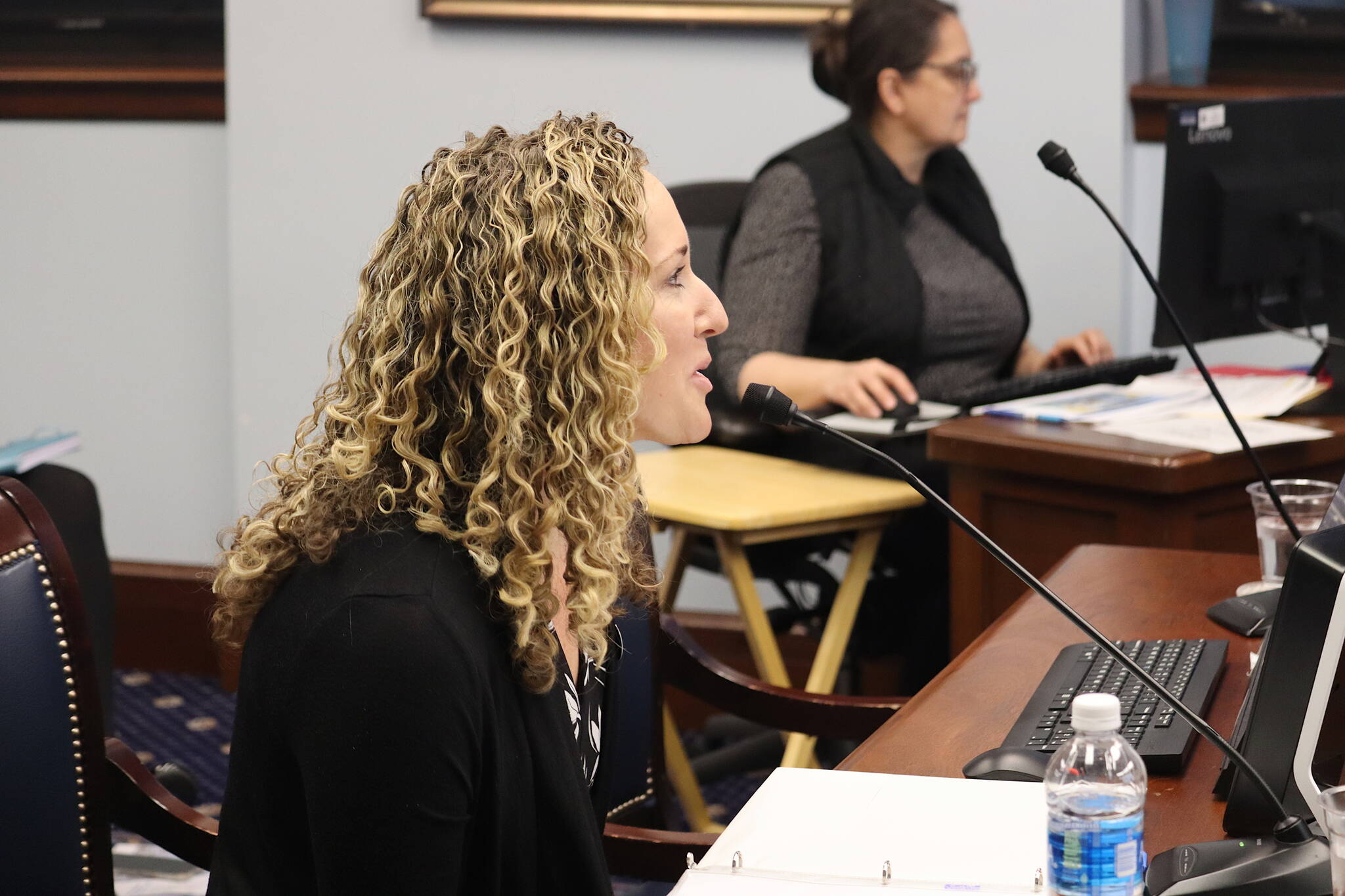Providing quality service to Alaskans guides our work at the Department of Health. We are the department Alaskans turn to when they are struggling and need help — whether that be for food assistance, medical coverage, or finding services for their family members. The Division of Public Assistance is usually the first agency an Alaskan in need seeks for help, but the pressures of a turbulent economy, staffing challenges, a cyberattack, and antiquated IT systems have had a cascading effect on the Division’s ability to deliver the services our friends and neighbors need.
Benefits have been delayed across all public assistance programs, with the most significant effects being felt for the two largest — SNAP and Medicaid. Standard timelines for determinations have come and gone.
I recognize that delayed benefits have created uncertainty and anxiety for many. For this, you have my heartfelt apology. I am personally committed to using every available tool to ensure those needing assistance receive timely benefits.
So, what are we doing? Since November, the Division has implemented changes that are beginning to take effect and provide relief. Reducing the process for SNAP redeterminations, extending the recertification period from six to 12 months, and automatically rolling SNAP benefits until the 12-month extension is fully in effect, have allowed our staff to process the recertification backlog and stay on target to be done by the end of the month.
As we complete the recertification process for SNAP benefits, we are doubling our efforts on Medicaid recertifications.
Beginning April 1, Alaska restarted annual eligibility reviews for Medicaid benefits because the federal pause on Medicaid reviews ended. The Division is focused on ensuring Alaskans who are eligible for Medicaid remain covered or are connected to www.healthcare.gov to get new coverage, when needed.
To tackle the challenge of determining the status of about 260,000 recipients, three separate teams have been created, each with a primary focus: eliminate the backlog; ensure all new applications are processed within 45 days; and meet benchmarks for Medicaid renewals.
In February, Gov. Mike Dunleavy submitted additional funding requests to the legislature for the Division, including nearly $24 million to support operational costs, including increased staffing and contractual funds, and $54 million for an updated computer eligibility system.
SNAP and some Medicaid programs are on a “legacy” system that went live in 1983. Imagine still using a computer program from 40 years ago to perform your essential functions or trying to find someone who can program it. This legacy system cannot automatically share information with the newer system that is used for most Medicaid determinations. The Division cannot efficiently work with programs that are nearly half a century old.
Our vision is a future where clients can easily access our services online, by phone, or in person, using a system that is efficient for our staff and Alaskans.
These essential funds will allow us to move to a modern, integrated system, with clear milestones and solid project management tracking in place. A new secure and automated eligibility system will serve Alaskans more efficiently. We want to serve Alaskans and ensure the most vulnerable have access to the benefits they need, when they need them.
Heidi Hedberg is commissioner of the Department of Health.

